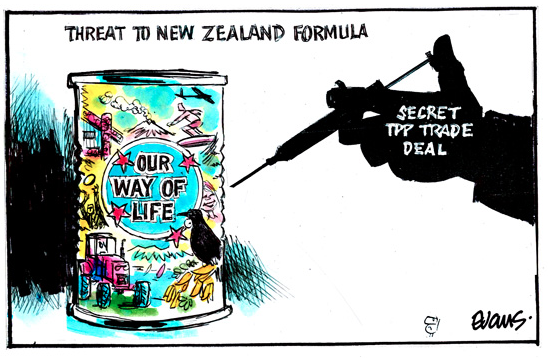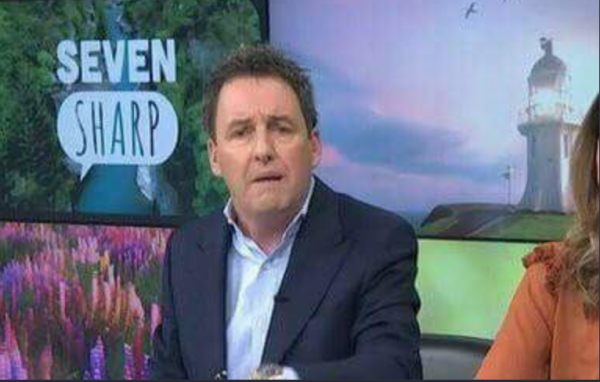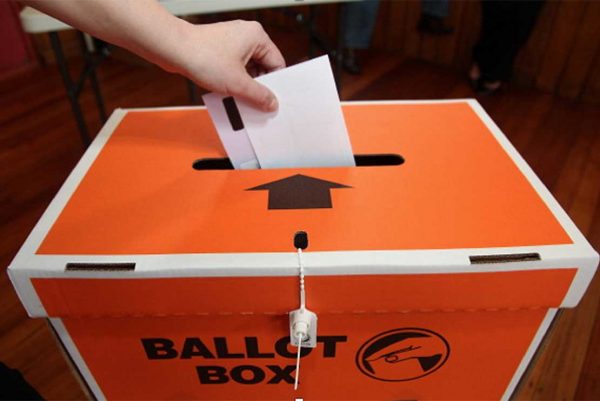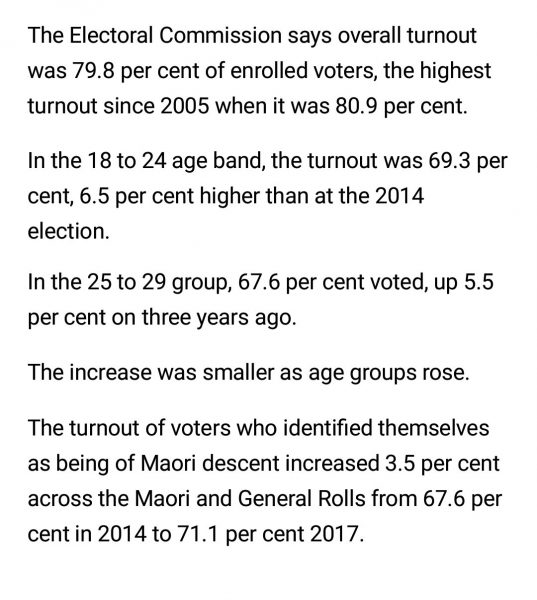
WHAT WORRIES ME MOST about the proposed “No Foreign Buyers” amendment to the Overseas Investment Act (OIA) is its apparent simplicity. Nothing in politics is ever that easy! And isn’t it remarkable, the way the proposal just happens to solve Labour’s primary objection to the Trans-Pacific Partnership (TPP)? It’s almost as if somebody at the Ministry of Foreign Affairs and Trade (MFAT) had the relevant file tucked away in a draw somewhere, ready to be presented to the incoming Trade Minister, David Parker, with a Yes Minister-style flourish, at just the right moment.
Come to think of it, exactly when did the foreign-buyer problem become Labour’s primary objection to the TPP? More importantly, when did it become a more important issue than the Investor/State Dispute Settlement (ISDS) provisions of the agreement? How did the latter end up as a sort of secondary issue? When did it become what Bill English used to call a “Nice To Have”. An outcome the Prime Minister and her Trade Minister will do their utmost to achieve, but for which neither of them is willing to die in a ditch.
It makes no sense. The ISDS provisions of the TPP are the ones permitting foreign investors (a.k.a huge multinational corporations) to sue the New Zealand Government for imposing legislative and/or regulatory restrictions on their existing or proposed investments. Such litigation to occur not in a New Zealand courtroom, in front of a New Zealand judge, but before an international tribunal staffed and adjudicated by the sort of lawyers more usually to be found working for – you guessed it – “huge multinational corporations”.
How does that work? Well, a government pledged to uphold the provisions of a multilateral trade agreement might decide that, in order to secure its people’s right to access affordable housing, it will legislate to prevent foreign buyers from bidding-up the price of private dwellings beyond their reach.
“Oh no you don’t!”, objects the huge multinational corporation dedicated to acquiring foreign real estate on behalf of its fabulously wealthy international clients. And before that government can say “goodbye national sovereignty”, it finds itself in front of an ISDS tribunal.
I know, I know! The Trade Minister, David Parker, has assured us that providing the OIA is amended before the TPP comes into force, then New Zealand will be protected from the ISDS provisions of the agreement.
To which I offer the following two objections.
My first, is that David Parker’s “solution” logically foresees New Zealand being bound, in all other respects, by the TPP. Why else would he bother using this rather convoluted way of banning foreign property speculators? There must be simpler ways. The only logical answer is: because the new Labour-NZ First-Green Government is committed to signing the TPP – with the ISDS provisions still applying to us – and Parker’s “solution” is the only way it can keep its big election promise to end foreign property speculation.
My second, is that the new Government’s “solution” may prove to be not a solution at all. Even if the OIA is amended prior to the TPP coming into force, I believe that those foreign property investors affected might still have a crack at New Zealand under the ISDS provisions.
They could argue that the legislation banning them amounts to a pre-emptive circumvention of the agreement. The OIA’s original purpose of protecting “sensitive” land was to ensure that sites of environmental, historic and cultural significance remained in New Zealand hands. They could, therefore, argue that the amendment’s redefinition of “sensitive sites” to include private dwellings represents a deliberate perversion of the OIA’s original intention. As the victims of a pre-emptive circumvention of the TPP, they could demand that the ISDS tribunal award them billions of dollars by way of reparation. And what guarantee do we have that the corporate lawyers sitting in judgement of the New Zealand state’s actions wouldn’t find in favour of the plaintiffs?
That’s why I’m so uneasy about this amazing, eleventh-hour “solution”. I can’t help seeing it as too good to be true. Yes, it is acting as a superb distraction from what I consider to be the most dangerous aspect of the TPP – its ISDS provisions – but why? The arguments in favour of refusing to sign the TPP until New Zealand is exempted from those provisions are very easy to make – hell, they’re core NZ First and Green policy! – so why aren’t Jacinda and David making them?
What would make me a whole lot happier, is a rock-solid guarantee from the Prime Minister and her Trade Minister, that a TPP agreement containing ISDS provisions applicable to its own actions will not be entered into by the New Zealand Government.
Aotearoa must not surrender its tino rangatiratanga.






















